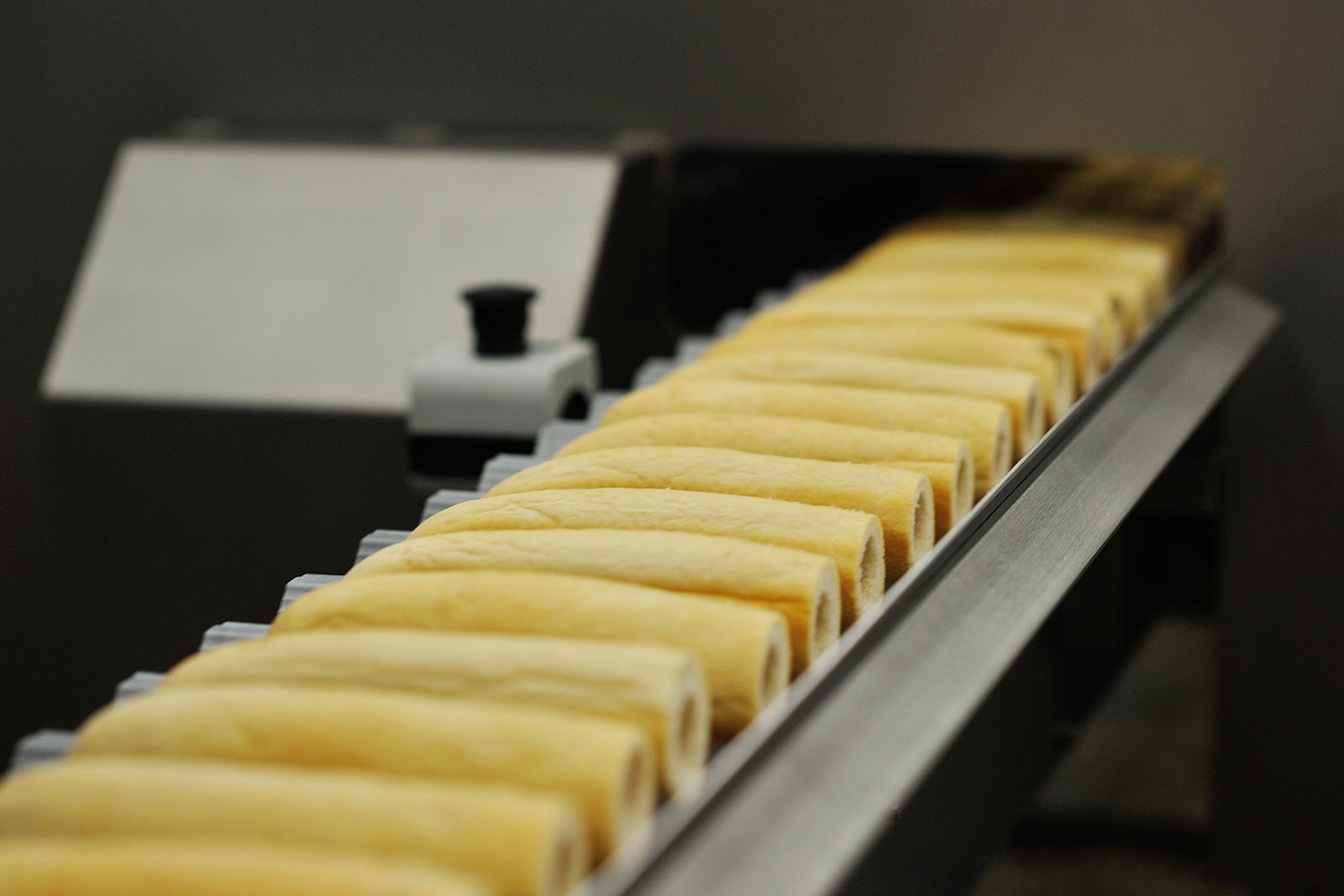February 18, 2025

An average European Union (EU) resident discards about one-third of a kilogram of food waste every day. Food waste is a pressing issue, with the EU generating 59 million tons of food waste annually. Representatives from Mantinga share how they are using raw materials more efficiently and returning food by-products safely back into production.
“It is estimated that more than a quarter of all discarded food comes from production and processing waste. That’s why we aim to produce responsibly. To achieve this, we have implemented several proven solutions,” shares Mantinga's Sustainability Project Manager, Domantė Lubytė.
According to Lubytė, food industry by-products are increasingly being returned to the production process following circular economy principles. One widely used solution is the reintegration of production-generated crumbs back into manufacturing.
“Every month, we collect and safely return up to 35 tons of crumbs to production. The crumb recycling technology not only helps reduce raw material waste but also supports our company’s sustainability goals. Last year alone, we recycled 280 tons of crumbs, and we aim to increase this amount in the future,” says Lubytė.
Innovative Dough Recycling Technology
Lubytė highlights another important technological advancement implemented last year to reduce food waste and raw material losses — a new technology for returning puff pastry scraps to production.
“Our technologists developed a method to freeze puff pastry scraps and safely reuse them in future production cycles. This innovation helped us save nearly 53 tons of puff pastry scraps last year,” she explains.
Non-Standard Products for Those in Need, Waste for Energy Production
Mantinga also significantly reduces food waste by distributing non-standard products. Safe-to-consume non-standard products are donated to organizations such as Maisto bankas (Food Bank), Maltos ordinas (Order of Malta), and others. Last year, approximately 120 tons of non-standard products or raw material leftovers were distributed to people in need.
Products and production by-products that are unsuitable for consumption are converted into energy and used for biofuel or gas production.
“Responsible management of raw materials and food waste is one of the key directions of our sustainability strategy. The company is experiencing rapid growth, actively expanding, and planning to launch new factories and production lines,” concludes Lubytė.